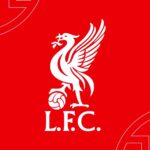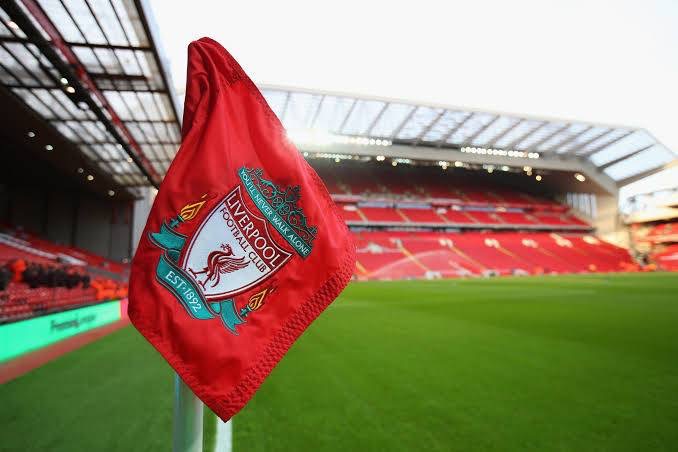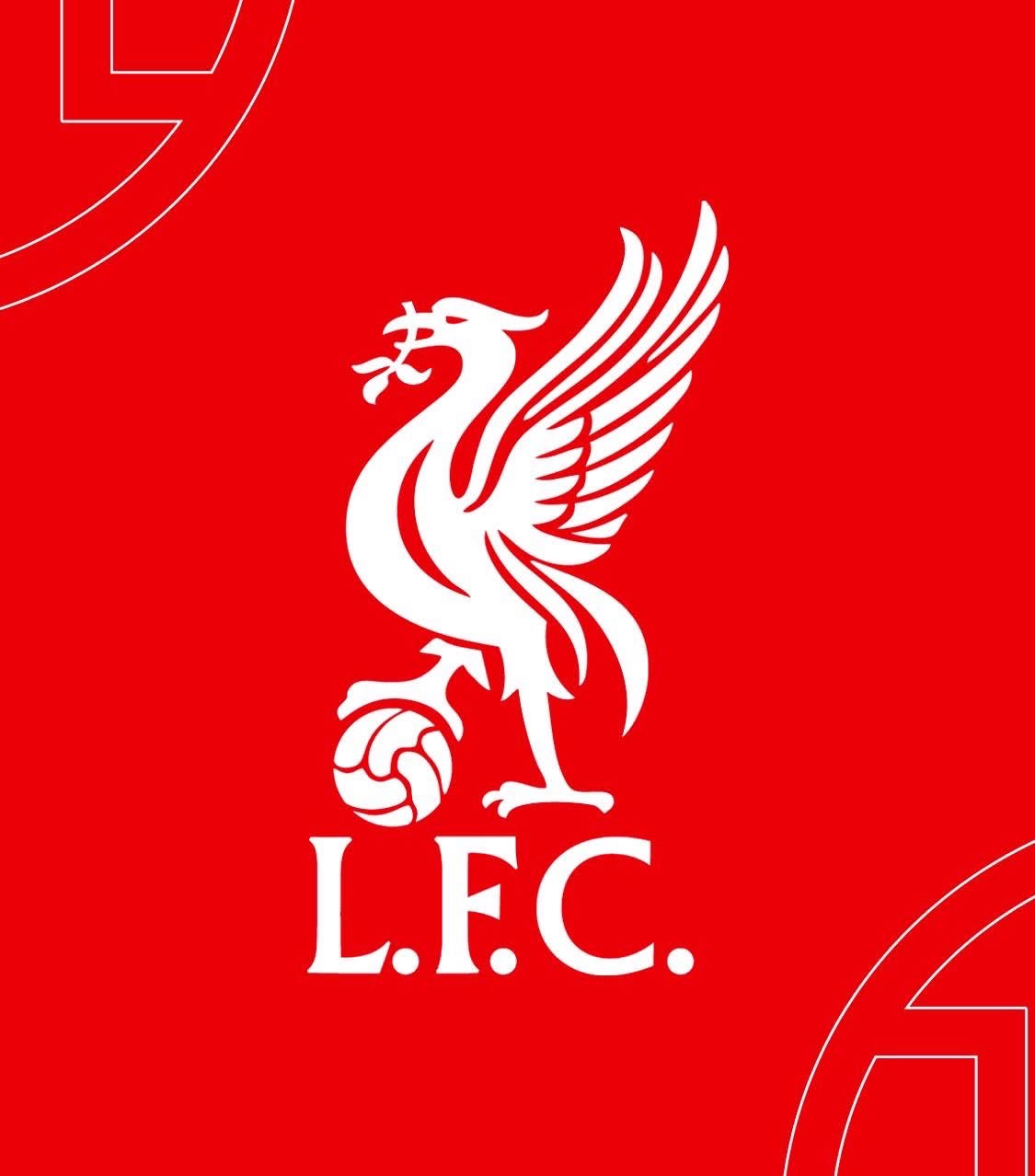In football, friendships are often forged under the brightest lights and strongest pressures. Players share dressing rooms, victories, and heartbreaks, and in those moments, bonds are created that go far beyond the pitch. For Rúben Neves and Diogo Jota, that bond was more than professional—it was deeply personal. They were not just teammates during their shared time at Wolverhampton Wanderers and in the Portuguese national setup; they were close friends who leaned on each other through the highs and lows of their careers.
Yet today, their story has taken a painful twist. Following Jota’s tragic loss, Neves has found himself under public scrutiny, forced into the difficult position of having to defend both himself and his family. The weight of grief, combined with the pressure of public opinion, has turned a story of brotherhood into a storm of speculation and commentary.
The Bond Between Neves and Jota
To understand the intensity of this situation, one must first appreciate how close Neves and Jota truly were. Both players emerged as part of a new generation of Portuguese talent. Their careers intersected at Wolves, where they became central figures in the club’s exciting rise under Nuno Espírito Santo.
Jota’s sharp attacking instincts complemented Neves’ composed midfield mastery. Beyond the tactical balance, their personalities meshed perfectly. They celebrated goals together, spent time off the pitch with their families, and often spoke publicly about the admiration they had for one another.
Fans of Wolves and Portugal came to see them as inseparable, two young men carrying both friendship and responsibility on their shoulders. That closeness made Jota’s loss all the more devastating for Neves.
A Loss Felt Everywhere
When news broke of Jota’s passing, football mourned as one. Tributes poured in from teammates, opponents, coaches, and supporters across the globe. Liverpool fans spoke about his courage and humility, while Portuguese supporters remembered his international heroics.
For Neves, however, the grief was personal. This was not just a colleague or teammate—it was his best friend. Those closest to the midfielder have said he was shaken to his core, struggling to process the magnitude of what had happened.
The tragedy also placed Neves in the center of media attention. As one of Jota’s closest companions, fans and journalists alike turned to him for words, memories, and reactions. While some of this attention was rooted in empathy, other parts of it were less kind.
The Need to Defend Himself
Soon after the loss, rumors began to circulate online. Social media, with its rapid spread of information and often unfiltered speculation, created an environment where Neves found himself the subject of scrutiny. Some questioned his absence at certain memorial events, others twisted personal details, and still others dragged his family into the spotlight without cause.
This put Neves in an impossible position. On one hand, he was grieving privately, trying to come to terms with the death of his closest friend. On the other, he was being pulled into public debates and forced to respond to speculation. Eventually, he felt compelled to speak publicly, not only to defend himself but also to shield his family from the unfair narratives being created around them.
The Human Side of Football
What has unfolded around Neves and Jota is a sobering reminder of the human side of football. To the world, players are celebrities—figures of constant attention and scrutiny. But away from the stadium lights, they are individuals who laugh, cry, and grieve just like anyone else.
For Neves, navigating the dual worlds of public figure and private mourner has been a painful journey. The expectations of fans, coupled with the relentless curiosity of the media, have left him in a position no one would envy. His attempts to defend his family are not acts of defiance but acts of love and protection.
The Reaction of Fans
Supporters have been divided in their response. Many fans, particularly those who admired the bond between Jota and Neves, have expressed sympathy. They understand the weight of grief and have called for patience, compassion, and respect for Neves’ privacy.
However, as with many stories in modern football, there are always voices of criticism. Some fans have questioned his choices, his statements, or even his motivations. Social media has amplified these debates, often in ways that ignore the raw emotions involved.
For Liverpool fans still mourning Jota, the narrative around Neves is even more sensitive. They remember the warmth of his words about Jota in the past and feel torn between admiration for his friendship and confusion about the current controversies.
Public Pressure and Private Pain
Neves’ situation illustrates how difficult it can be for footballers to balance personal tragedy with public image. On one side, he is a grieving friend, trying to process the loss of someone who was like a brother to him. On the other, he is a high-profile athlete whose every action is analyzed, debated, and often misinterpreted.
Being forced to defend himself and his family publicly adds yet another layer of pain. Instead of being able to mourn quietly, he must now navigate a minefield of perception, protecting his loved ones while still honoring his friend.
Moving Forward
As time passes, Neves will continue to be asked about Jota. His memories, his grief, and his perspective will remain part of the broader narrative of Jota’s legacy. For Neves, this is both a privilege and a burden. Honoring his best friend is something he will want to do, but the constant attention makes the healing process much harder.
What he needs now—what his family needs—is space. Space to mourn, space to heal, and space to remember Jota without the noise of speculation. Supporters, media, and football itself must recognize that not every story requires constant commentary. Sometimes, silence and respect are the greatest gifts.
Conclusion: A Friendship That Transcends the Game
The story of Rúben Neves and Diogo Jota is not one of controversy, but of deep friendship and shared journeys. They stood together on the rise at Wolves, carried their country’s hopes with Portugal, and shared moments of joy and hardship that only teammates can truly understand.
Now, with Jota gone, Neves faces a new and painful chapter. Forced into the public eye during his grief, he has had to defend himself and his family at a time when he should have been allowed to mourn in peace.




